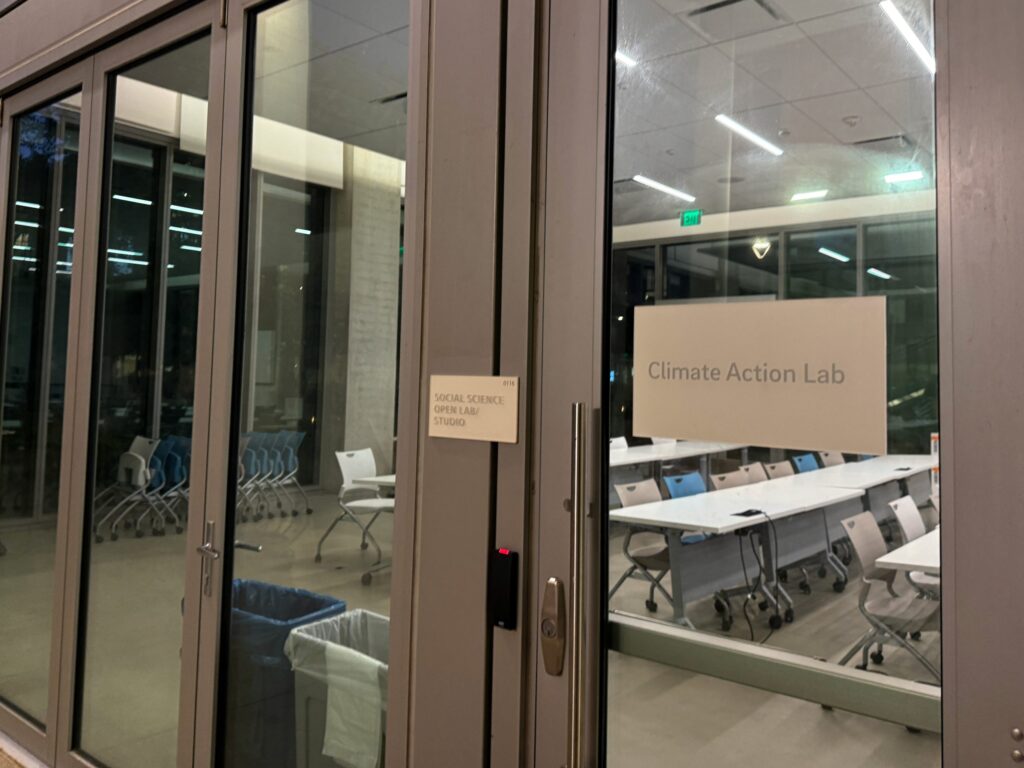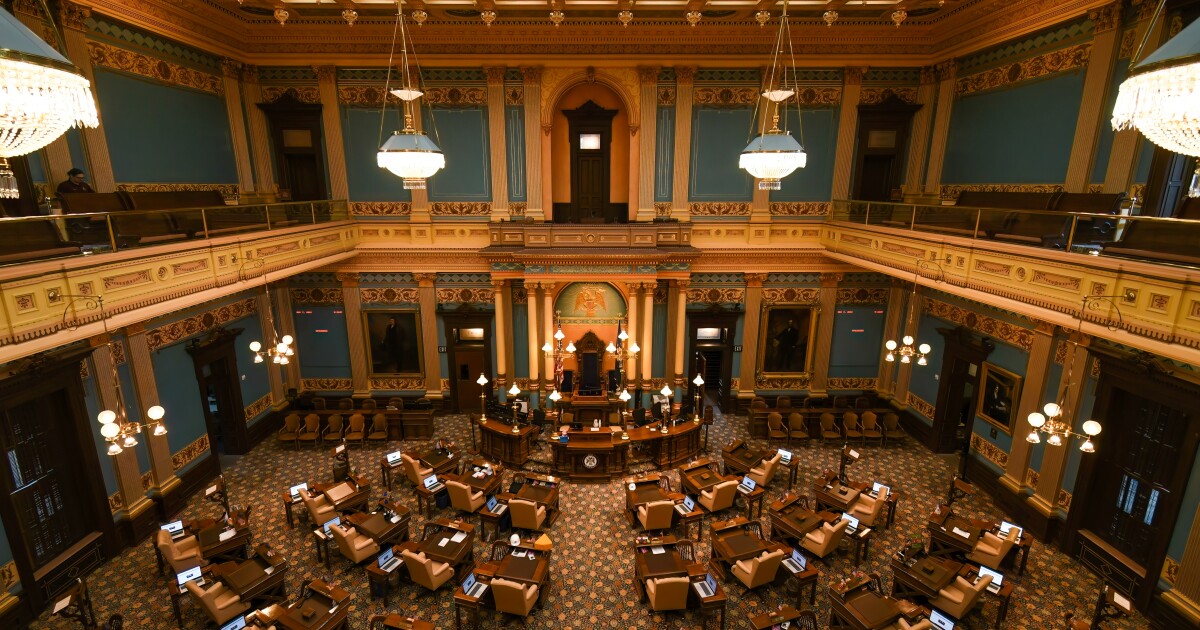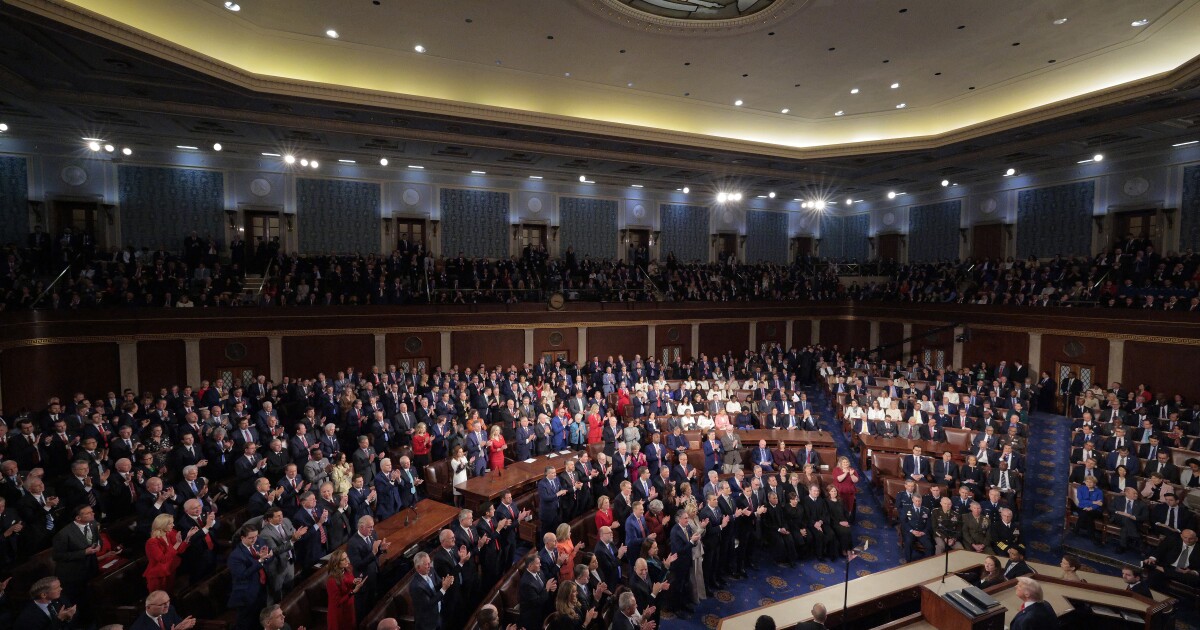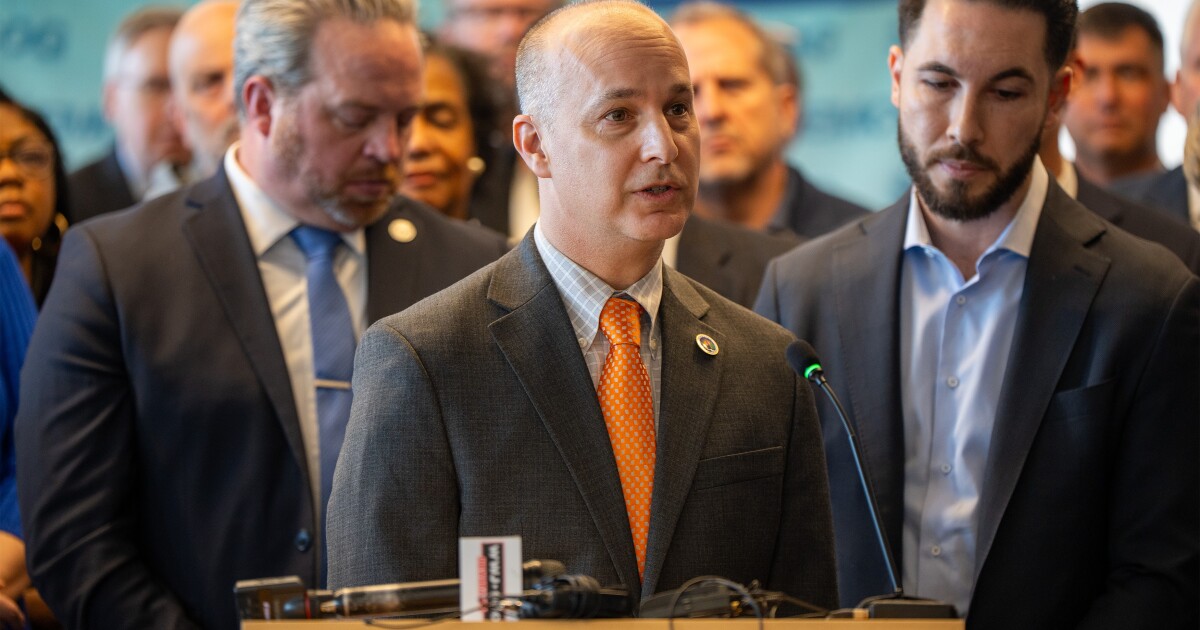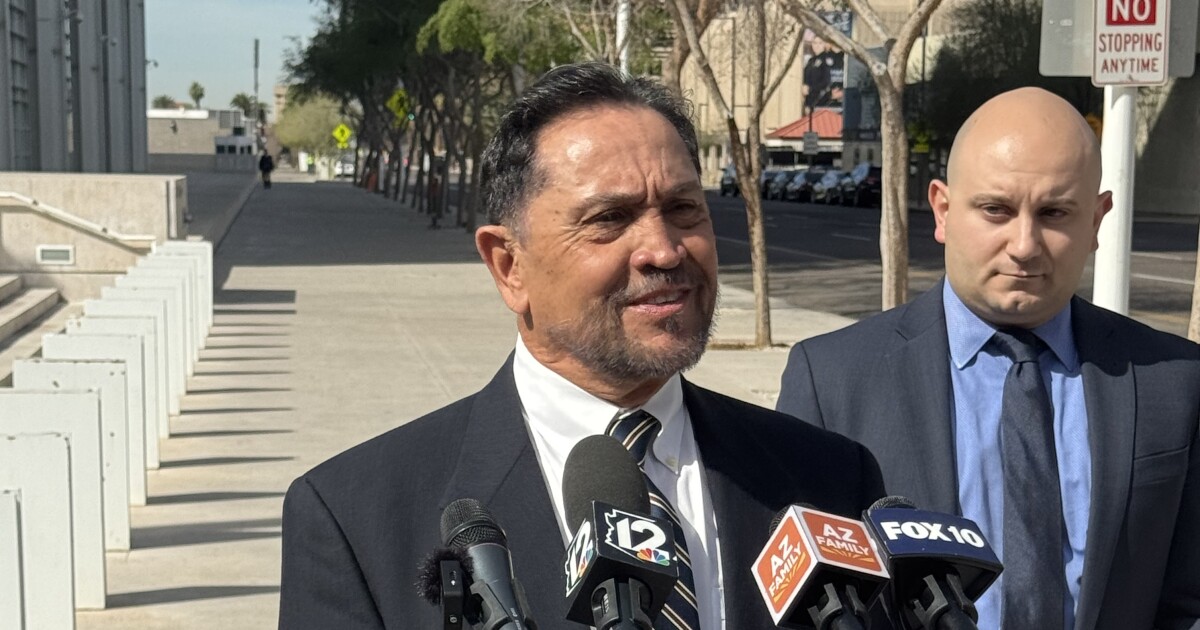LA JOLLA, Calif. — At the University of California, San Diego, students are enrolling in courses seemingly unrelated to their majors as part of a new requirement. UCSD is the first major public university in the U.S. mandating undergraduates take a class on climate change to graduate. The university believes understanding climate change is as crucial as traditional subjects, preparing students for its long-term effects on various careers.
Hannah Jenny, majoring in economics and math, attends a sustainable development course, while history major Angelica Pulido takes a class on gender and climate justice. Later, students attended a lecture on environmental economics, learning to calculate costs related to environmental protection. Though many students may not pursue careers in climate science, UCSD emphasizes the importance of grasping climate change’s societal impacts.
The climate change requirement, introduced last fall for first-year students, reflects UCSD’s belief that future careers will be impacted by global warming’s effects, such as droughts and rising sea levels. Despite political challenges, other universities, like Arizona State University and San Francisco State University, are implementing similar policies to educate students on climate issues.
UCSD offers over 50 courses across 23 disciplines to meet this requirement, including sustainable development and energy economics. Professors emphasize the need for students to engage with climate change’s consequences in their future professions. As UCSD Provost K. Wayne Yang notes, every industry will experience climate change’s effects, highlighting the need for comprehensive education on the topic.
Students like Jenny and Pulido appreciate classes that challenge them to consider climate change’s implications on their lives and careers. While Jenny is not subject to the requirement, they support the initiative for encouraging students to explore beyond their comfort zones and consider the climate crisis in their professional and personal lives.
Instructors like Amy Lerner and Mark Jacobsen emphasize the importance of understanding climate science and its societal impact. Lerner’s sustainable development class, approved to meet the requirement, explores the balance between equity, economy, and environment. Jacobsen’s environmental economics lecture teaches students how economic decisions affect climate outcomes.
Educational institutions are adopting various strategies to incorporate climate literacy into curricula. San Francisco State University requires climate justice courses, focusing on the disproportionate effects on marginalized communities. Despite challenges, UCSD’s program aims to equip students with the knowledge to navigate a world increasingly shaped by climate change.
—
Read More Kitchen Table News

